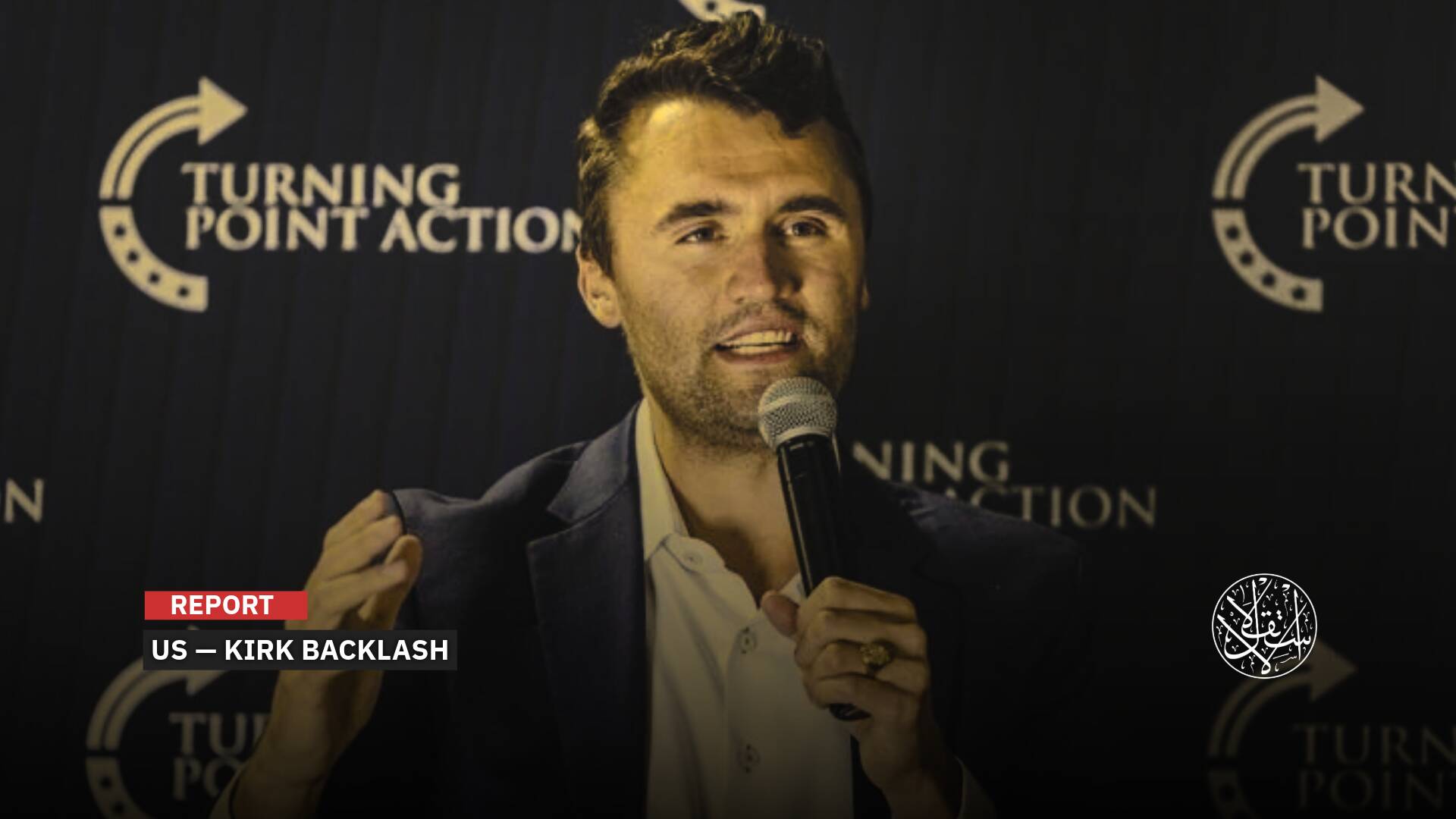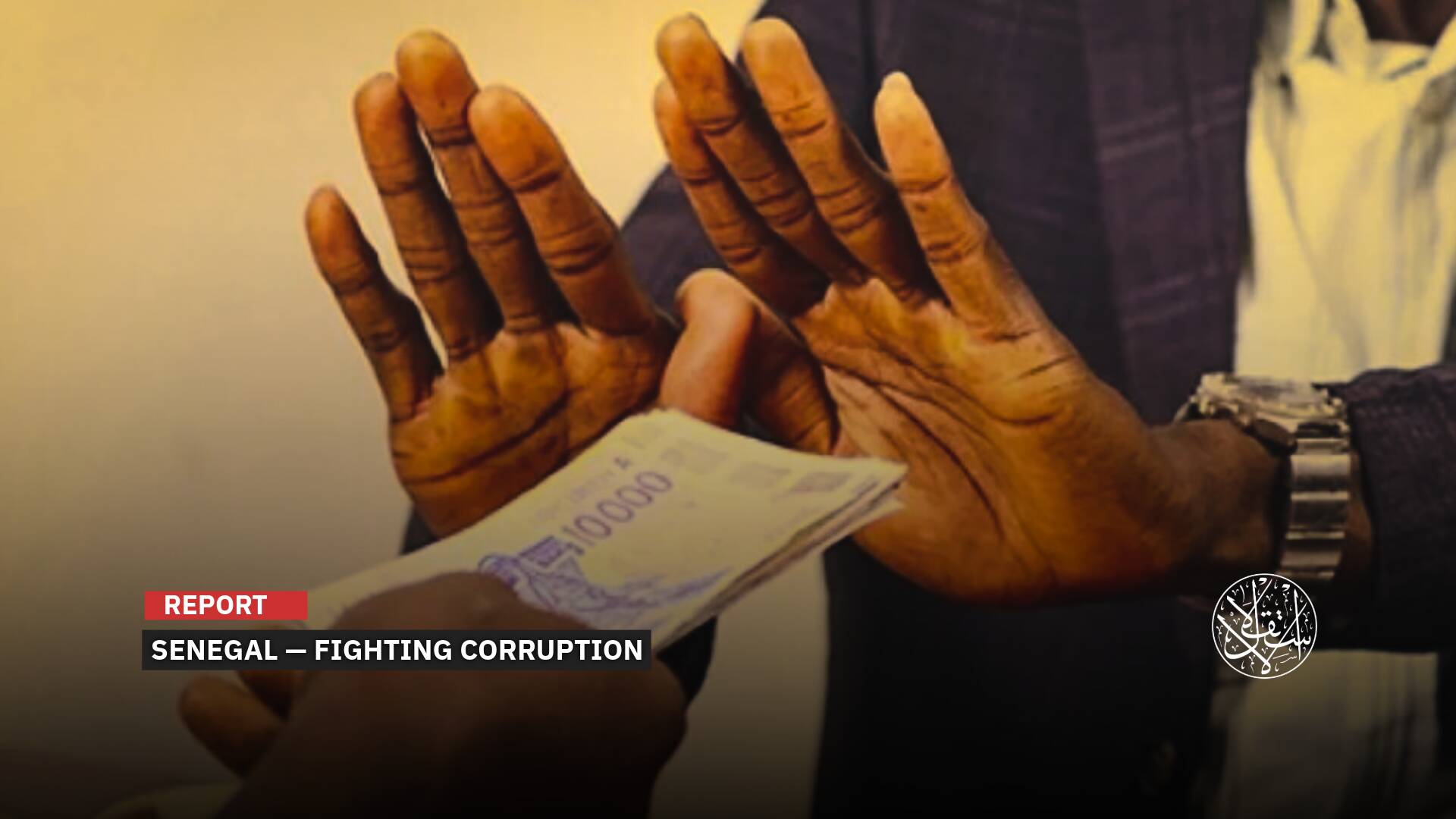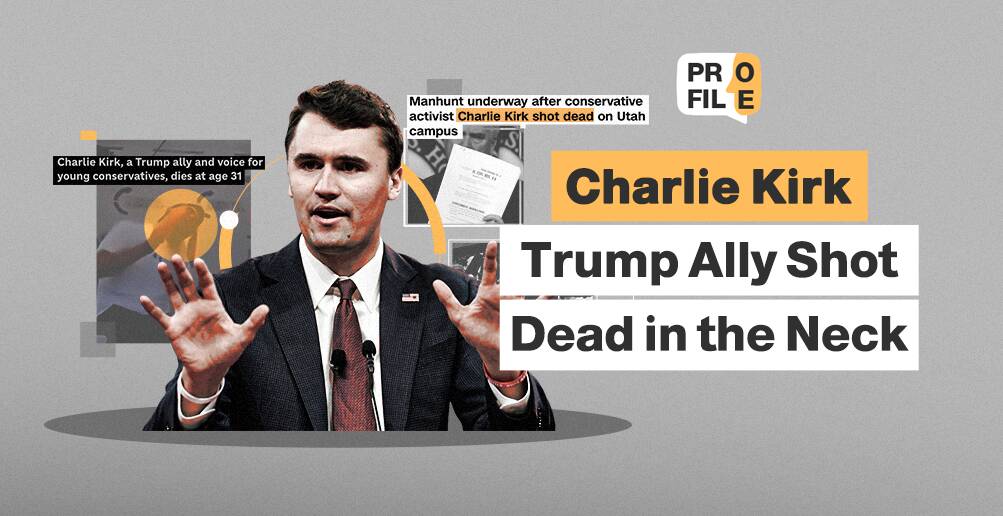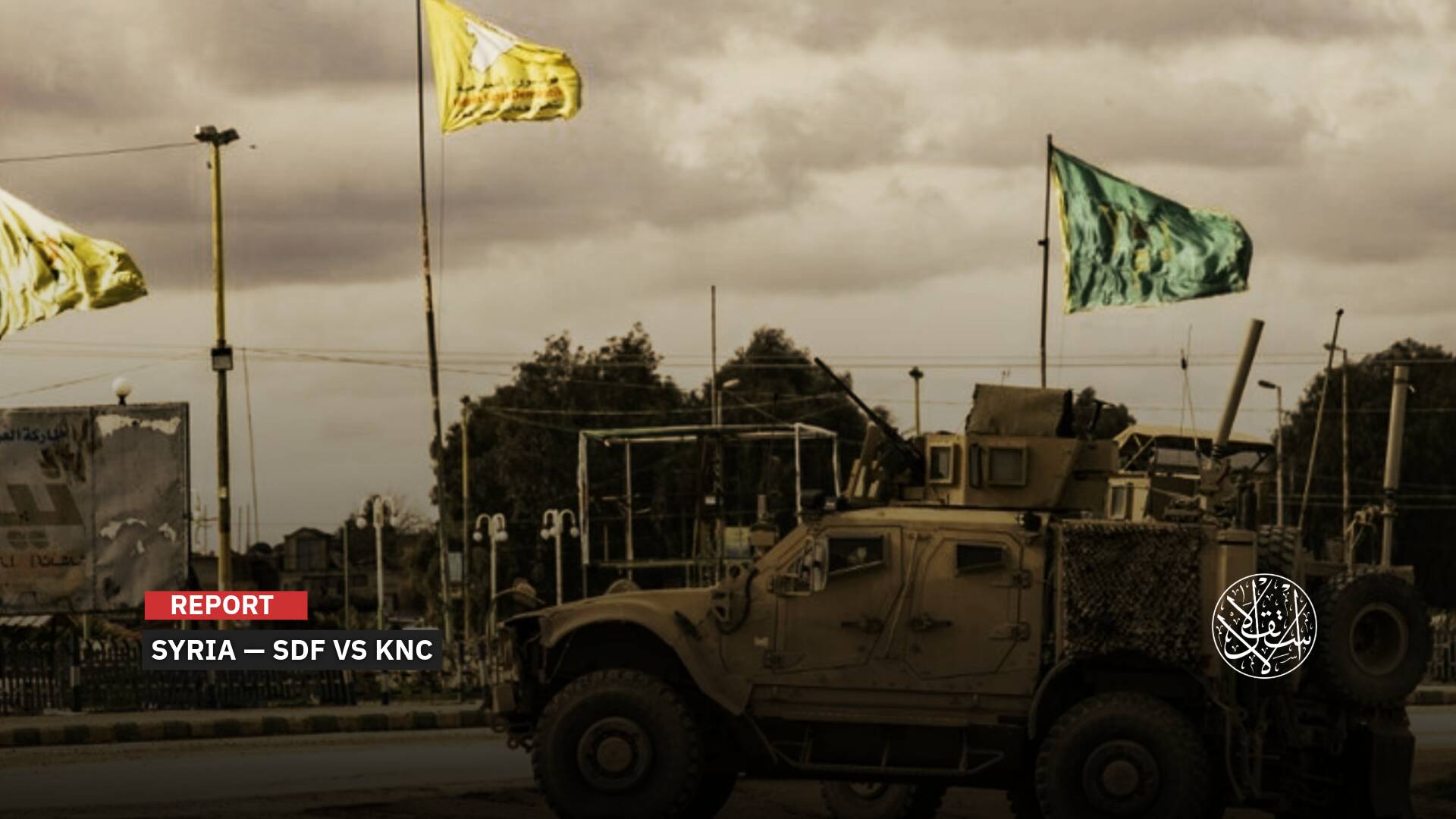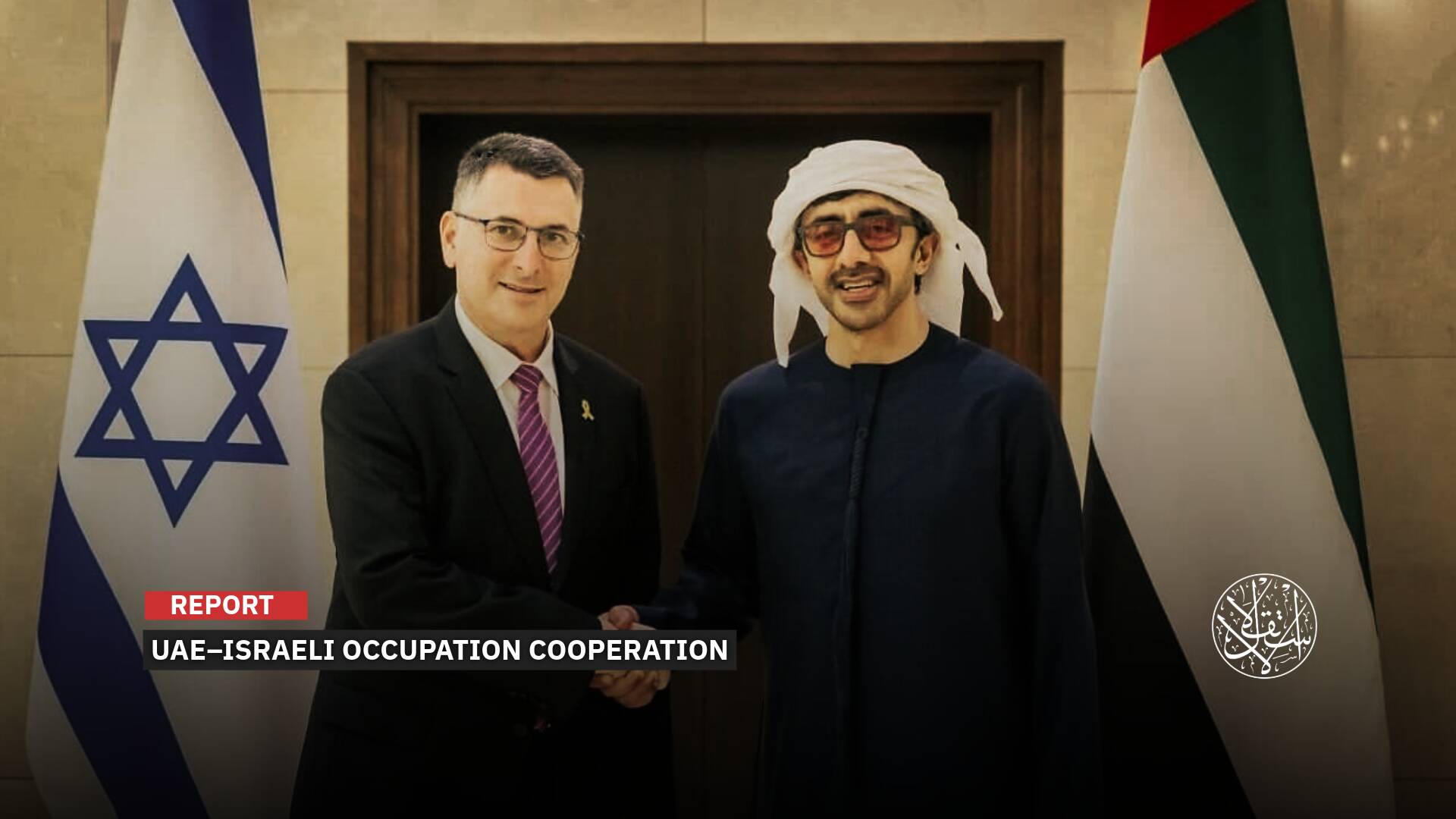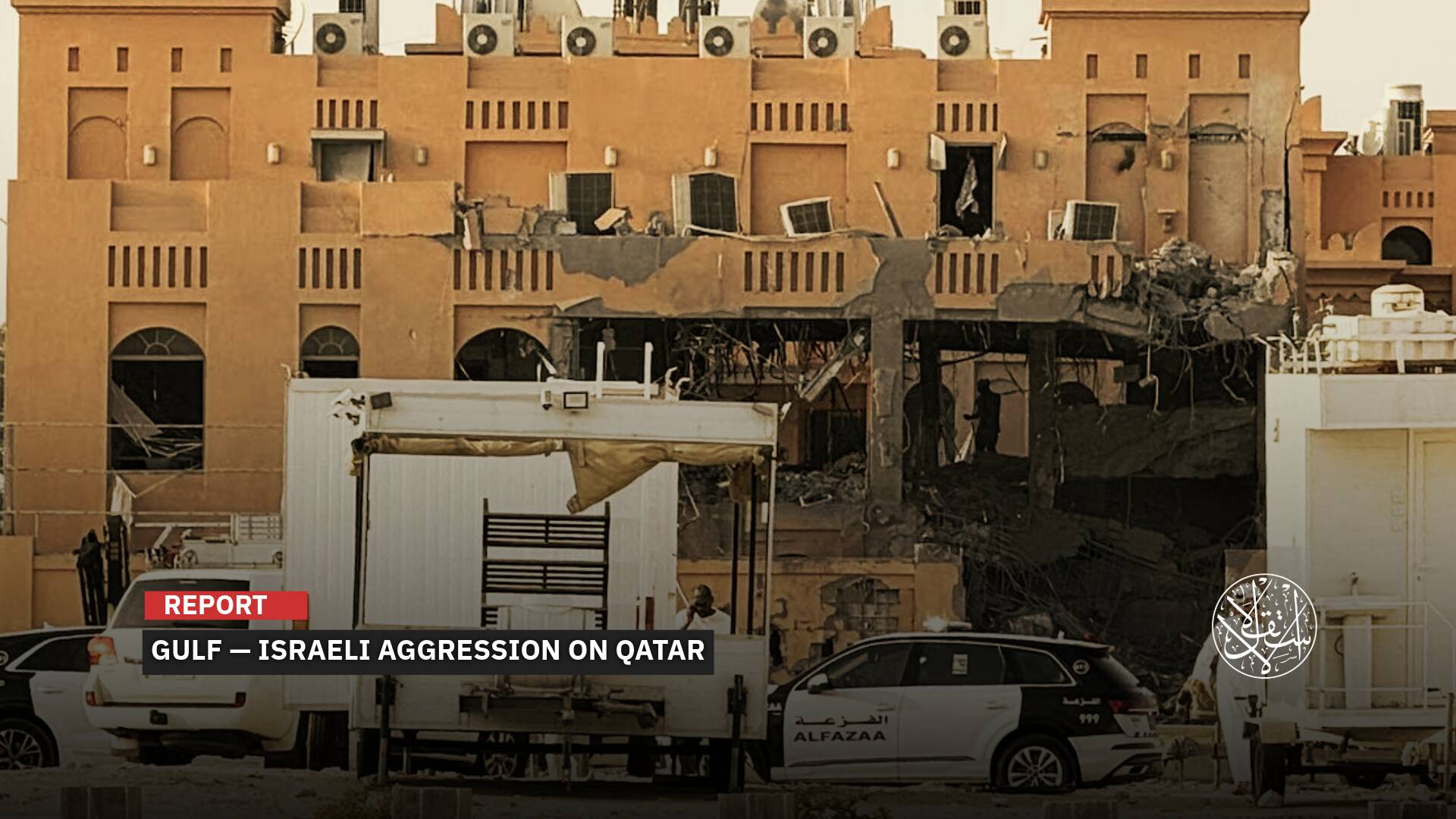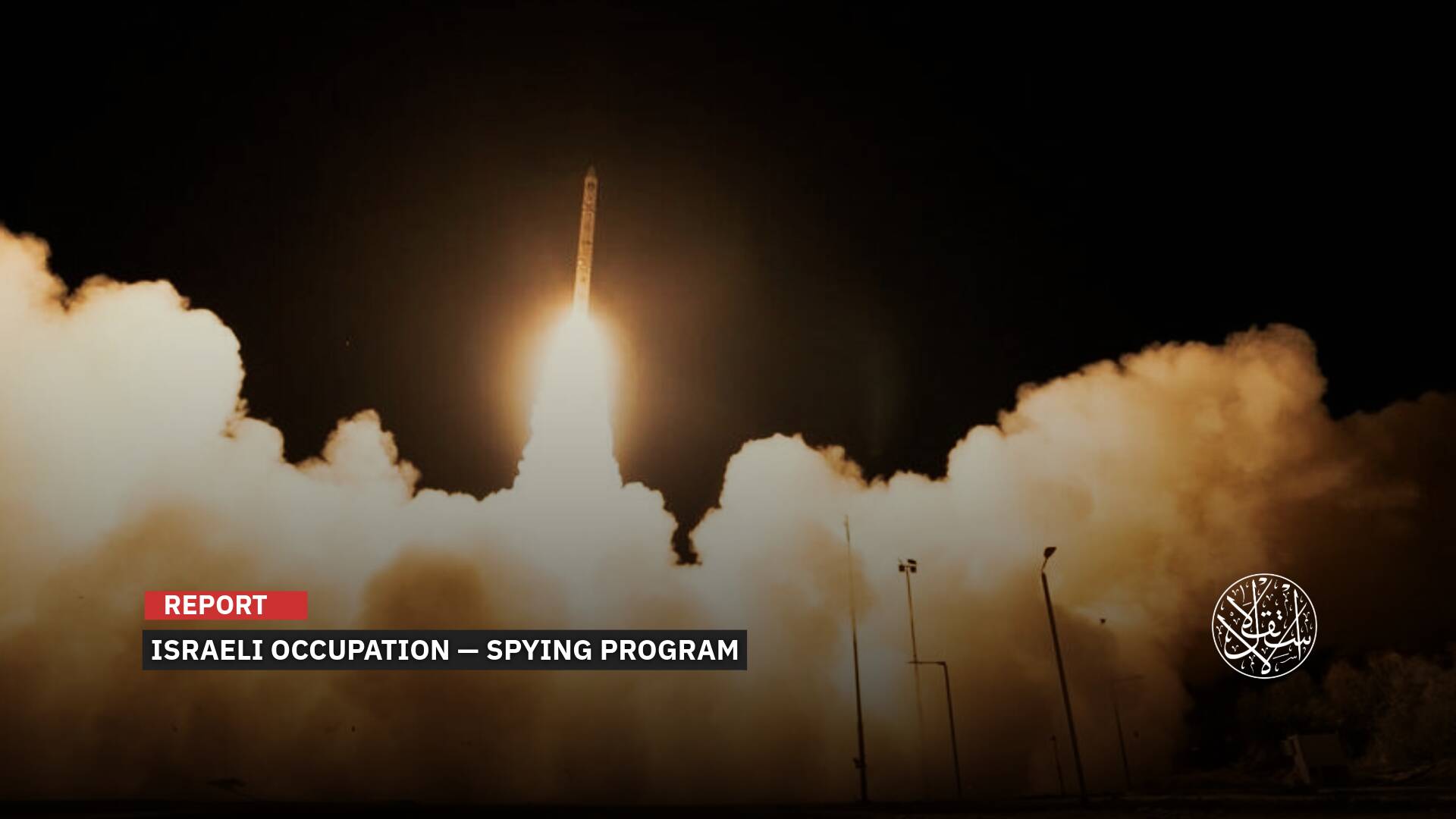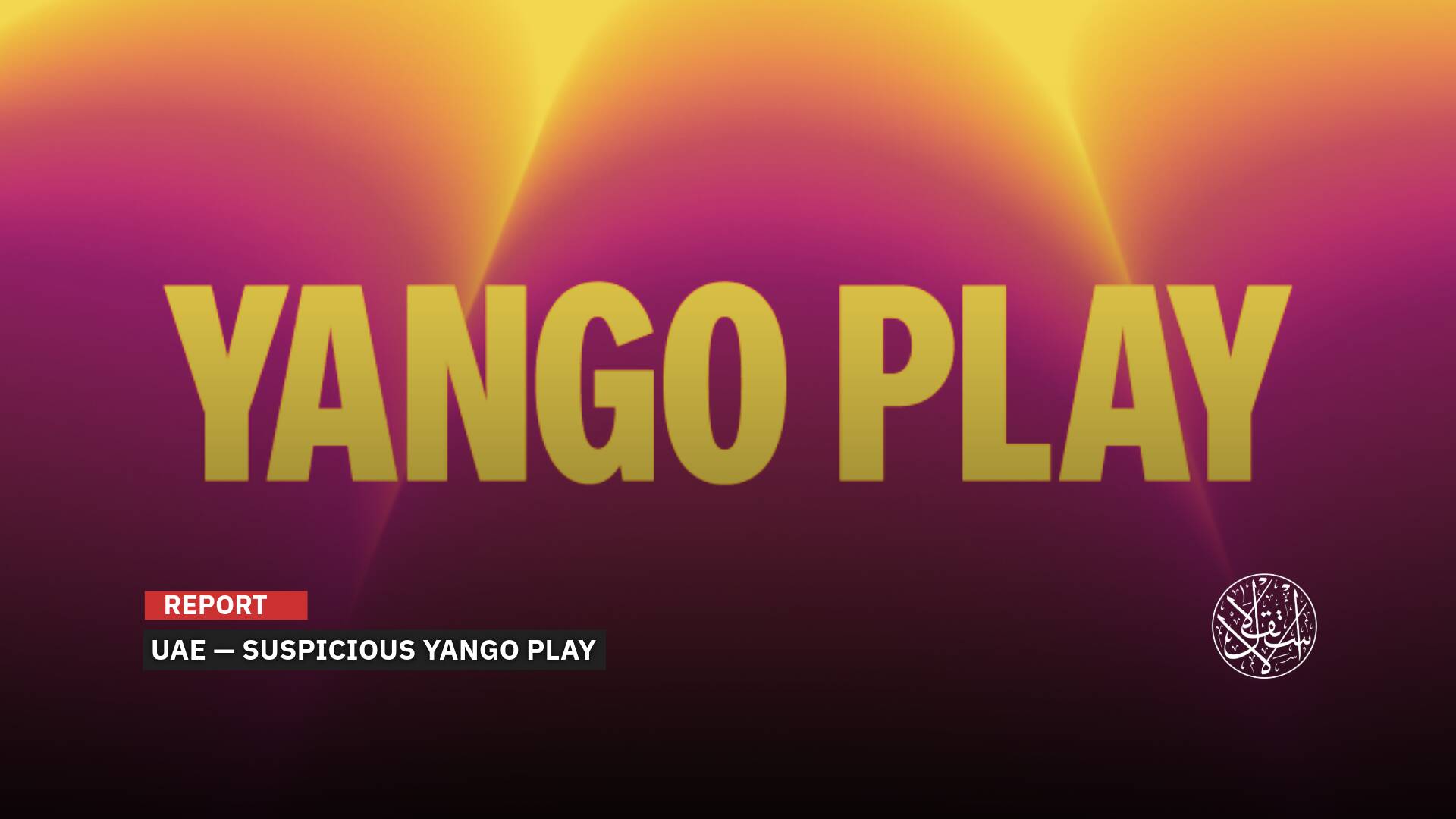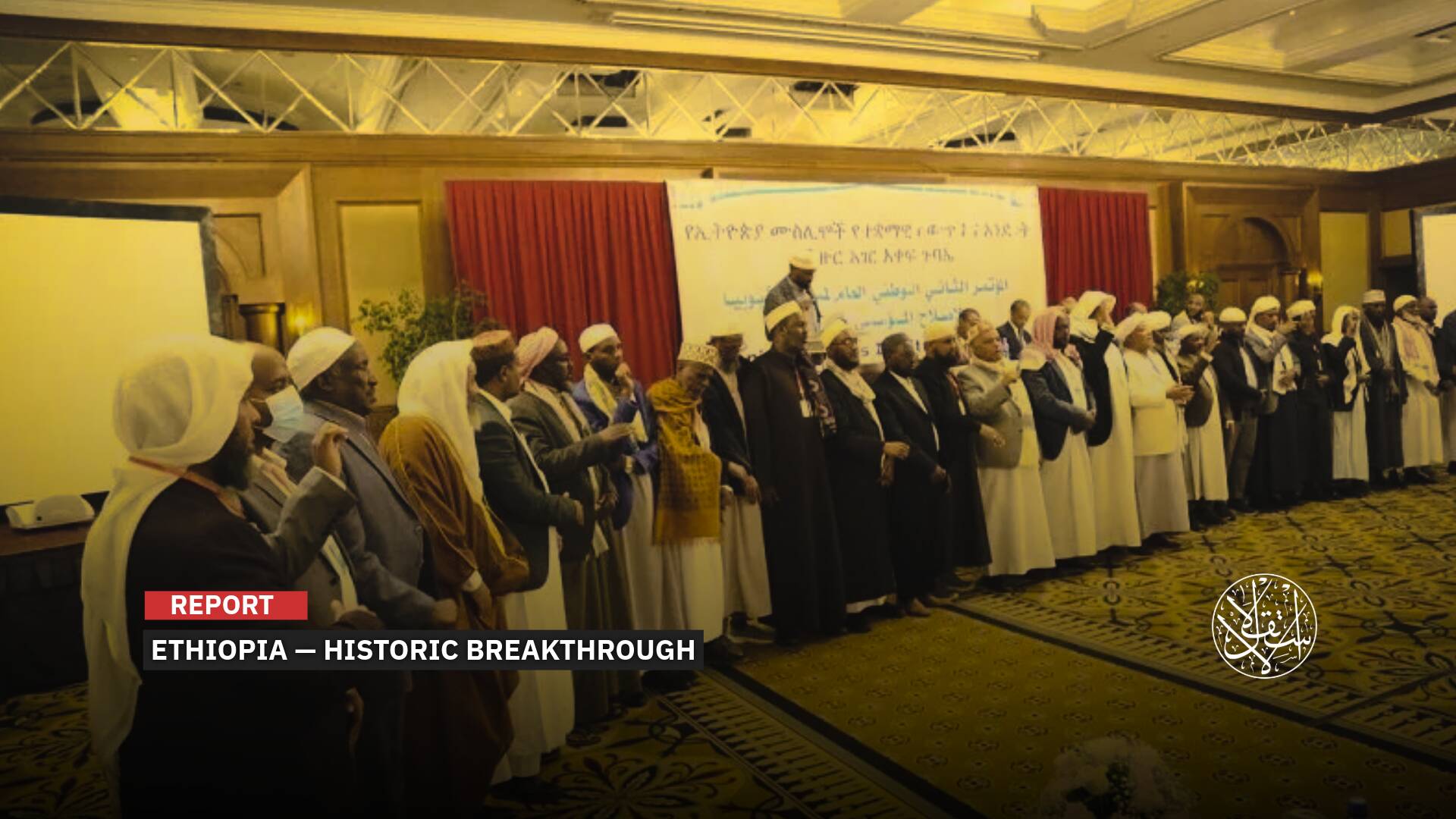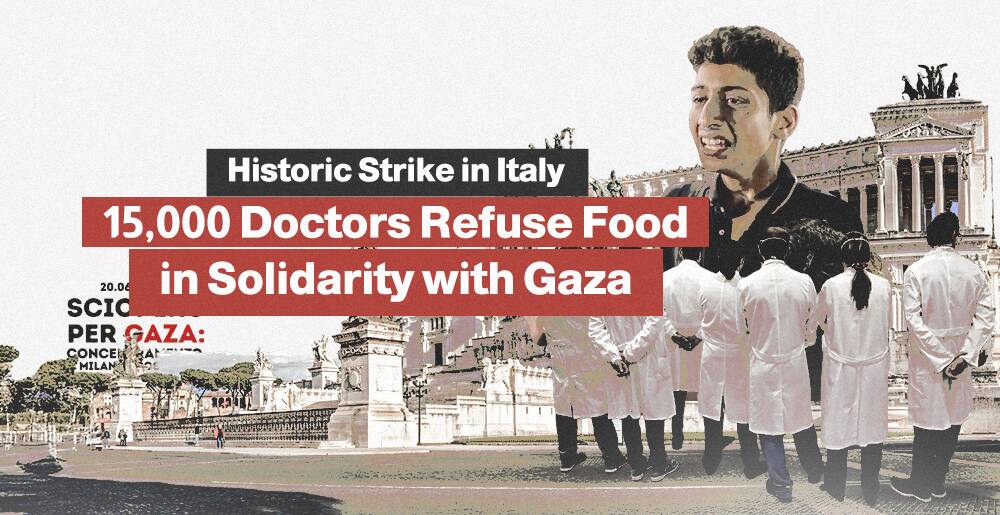Will the Russia–Ukraine War Turn Into a Religious Conflict Within Europe?

Several indicators that preceded and accompanied the Russian-Ukrainian war, showed the interference of Christian religious visions in it, and the emergence of signs that it might turn into a religious war between the various Christian sects in Europe.
These visions relate to the differences between the divided Orthodox churches in Ukraine and Russia, and some to the conflicts of the two historical Orthodox and Catholic churches on the other hand.
The Beginning of the Schism
The Ukrainian Orthodox Church separated from the Russian Mother Church on December 15, 2018, and they exchanged accusations.
Then the Ukrainian Orthodox Church became divided into two parts, one with the Moscow Church and another against it, and there were two competing orthodox visions over the legacy of Christianity in Russia and Ukraine, Western researchers say.
According to what the US Pew Center published in 2015, 78 percent of Ukraine's population are Orthodox (13 percent follow the Moscow Patriarchate, compared to 65 percent follow the Church of Ukraine), while 12 percent of the population are Catholic.
When Moscow attacked Kyiv on February 24, 2022, the Ukrainian Orthodox Church, and with it the churches of Europe and America, including Catholic and Evangelical, attacked the aggression and criticized the position of the Russian Orthodox Church.
European historians in the history of Christianity confirmed that “the religious factor played a role in the decision of the Russian invasion, and that President Vladimir Putin, who plays the chord of uniting the two separate churches, wants to celebrate the Christian Easter in Kyiv,” according to what BBC published on February 27, 2022.
Ukrainian President Volodymyr Zelensky has opened the door for Europeans to volunteer, and recruitment has already taken place in Europe, including evangelical extremists and Catholics traveling to Ukraine to fight Orthodox Russians, this doubled the possibility of turning the military conflict between the two countries into a religious war.
One aspect of this escalating religious conflict was revealed by the former Prime Minister of Bosnia and Herzegovina, Haris Silajdzic, in an interview with Al-Jazeera, the summary of which is that “Orthodox religious Russia is now fighting Catholic Europe, and Putin meets with the Patriarch daily to coordinate with him.”
The crisis was further inflamed by the declaration of the Patriarch of the Russian Church, Kirill, implicitly supporting the war of Russian President Vladimir Putin, describing Putin's opponents in Ukraine as evil forces, speaking of the sacred borders of Russia - referring to the annexation of Ukraine's lands to it -, although he issued a public prayer for the victims on both sides, according to the Russian Interfax agency.
To justify the Russian invasion, Kirill invoked the common historical roots of Russia, Ukraine and Belarus, calling for the defense of our common historical homeland from all external actions that could destroy this unity.
The Russian Orthodox Church stands firmly behind Putin, and Patriarch Kirill often justifies police campaigns against opposition gatherings and blesses the Russian arms and army forces deployed abroad, according to what was published by AFP on February 27, 2022.
In 2012, Kirill called Putin God's miracle, and several times oversaw a ceremonial baptism for him through a sacred water bath surrounded by priests.
The church plays an important role in the Russian army, and during the recent operations in Ukraine, recordings were broadcast of churches accompanying the Russian military units, in which the priest blesses weapons on the battlefields and prays with the soldiers.
Within this close relationship between the church and the army, the Russian forces built their own cathedral in Moscow, which opened in 2020, to celebrate the 75th anniversary of Russia's victory in World War II.
Campaign against Ukraine
According to American religious historian Diana Butler Bass: “Russian Orthodox Christians regard Kyiv, the capital of Ukraine, as Jerusalem. Therefore, the struggle over it is also a struggle over any religion and any orthodoxy that will mark the face of Eastern Europe.”
She asserted in an article in Religion News Service published on February 24, 2022, that “the religious factor played a role in the decision to invade.”
“The military operation announced by the Russians is a crusade to restore the holy Orthodox lands from Western heretics,” the service indicated.
“Analysts believe that Ukraine's efforts to join NATO is the stated direct reason for the Russian military campaign against Kyiv,” it reported.
Other analysts point to reasons related to Putin's ambition to revive the legacy of the Soviet Union; whose collapse in 1991, he said, marked the disintegration of historical Russia.
Putin wants to make the Orthodox Church a spearhead in his project to uplift Russian nationalism, and a powerful tool to support his political ideology about Russia, destined to be a great power, according to a previous BBC report.
Therefore, he made great efforts to support the church financially, morally and politically, starting with the recovery of church holdings that were sold during the communist era, and the construction of thousands of cathedrals, in addition to including an article on Orthodox culture in the school curricula.
According to Ms. Butler Bass: “What we are witnessing today is nothing but a new chapter in an old tale, whose happy ending, from Putin's point of view, will be the celebration of Easter mass in Kyiv on April 17, 2022.”
The American religious historian quoted British journalist and pastor Jill Frazier as comparing him in a recent article between today's Putin and Vladimir I, the Christian Prince of Kyiv between 978 and 1015, also called Vladimir the Great.
Vladimir I was a pagan but converted to Christianity, after his marriage to Princess Anna, sister of the Byzantine Emperor Basil II; the emperor’s condition was that Vladimir convert to Christianity in order to build a political alliance.
Church historical novels consider that Emperor Vladimir was the first to unite the kingdoms in Eastern Europe, on his way back to Kyiv, and sought to build a unified empire that included Russia, Belarus and Ukraine.
According to Mr. Frazier, Putin aspires to reclaim Kyiv, the mother city of Russian Orthodoxy, to play to the chords of remembering the glories of Vladimir the Great, as if he were the Prince of Kyiv.

Mr. Knox Thames, former special envoy for religious minorities at the US State Department confirmed that “Putin wants more than just land. He wants Ukraine's religious spirit and seeks its complete physical and spiritual surrender.”
In an article in Religion News Service in February 2022, Mr. Thames explained that “Putin took advantage of the Russian Orthodox Church in his quest to restore Russia's prestige and made the church the centerpiece of his country's identity.”
Observers believe that “Putin, regardless of his personal religious convictions, wants to employ traditional Christian values for political influence, others think it is just a functional tool.”
For example, Putin has a cross necklace that does not leave his neck, it is said that it was a gift from his mother when she secretly baptized him in the early fifties, and it is also said that Putin blessed his necklace on the alleged tomb of Jesus during his visit to Israel in the 1990s while serving as a Russian intelligence officer.
Two Competing Visions
Following the separation of the Ukrainian and Russian churches, the Patriarch and Archbishop of Constantinople and New Rome Orthodox Bartholomew I (based in Istanbul) on January 5, 2019, signed an official decree establishing a Ukrainian church independent of Moscow.
That decision angered the Russian Church, and it considered it a schism and cut its relationship with the Church of Constantinople as a result, while the Ukrainian Church of Moscow considered this recognition illegal, but it began to lose the loyalty of Ukrainians to it since the start of the Ukrainian crisis in 2014, while Ukrainians of Russian origin remained loyal to it.
When declaring the separation, former Ukrainian President Petro Poroshenko described it as a victory for the faithful people of Ukraine over the demons of Moscow.
Eugene Clay, a professor at the College of Historical and Religious Studies at Arizona State University, explained in an article in The Conversation website on February 7, 2022, that “the Patriarch of Constantinople, Bartholomew I, supported the secession of the Independent Church of Ukraine, as the preeminent bishop of the ancient capital of the Byzantine Empire, and because Ukraine originally received Christianity from the Byzantines, the Church of Russia boycotted it.”
What increased the anger of the Church of Russia is that the Orthodox Church in Ukraine received recognition from 4 other independent Orthodox churches, namely Constantinople, Alexandria, Greece and Cyprus, in return for the refusal of three other churches loyal to Moscow to recognize the new Ukrainian Church.
This led to the emergence of two competing and then warring visions of the history of Orthodoxy in Ukraine, one is backed by Russia, and the other independent is behind the government of Ukraine in its war against Moscow, according to Mr. Clay.
According to the Moscow Patriarchate’s vision, “Russians and Ukrainians are one people, so they should be united by one Church, one people.”
That is why it rejected the independence of Ukraine and considered it dependent on Russia, which contradicts the Church of Ukraine’s vision that it is completely independent from Russia.
Writer Mikhail Khodorkovsky said in The New York Times January 14, 2019, that “the Ukrainian Church's announcement of its separation from the Russian Federation constituted a serious blow to the ambitions of Russia and Putin on several levels.”
Orthodox Ukrainians account for 30 percent of all Christians belonging to the Moscow Patriarch, and their secession is considered the loss of millions of followers, and millions of dollars in church property.
“As if the war in Ukraine is not enough for the orthodox religious conflict, to increase the possibilities of religious war between the rest of the Christian denominations in Europe,” a sentence from a research report issued by the SITE Intelligence group, a private American organization that tracks extremist groups.
The report, published by The New York Times on February 24, 2022, also confirmed that “the Russian attack on Ukraine had mobilized European far-right militia leaders.”
The report talked about the spread of a wave of recruitment of fighters to travel to the battle fronts in Ukraine to confront the Russian invaders and raise large funds via the Internet.
“The focus of these far-right extremists on Catholic Christian propaganda and the defense of Ukraine's Catholic minority,” the report noted.
“The Azov Battalion, a Ukrainian National Guard group formed after the first Russian invasion of Ukraine in 2014, attracted far-right fighters from around the world,” it explained.
In its report, the research organization cited and translated publications it collected from the circles of these militias, including advertisements published by the leaders of far-right groups in France, Finland and Ukraine to join the fight in defense of Ukraine in the face of the Russian attack.
The same ads appeared on far-right websites in Finland and France, such as the OC website, which published a statement saying: “Just as the Soviet Union was defeated, so will Putin be defeated by aligning the French nationalists with the Ukrainian people.”
French White Nationalist Channel Declares Support for Ukraine, Promotes Solidarity across Europe https://t.co/gnaGnY3Nqe pic.twitter.com/gog558AwxU
— SITE Intelligence Group (@siteintelgroup) February 24, 2022
“Several groups of nationalists, neo-Nazis, white supremacists and other far-right groups have declared solidarity with Ukraine and mobilized paramilitary groups to fight Russia,” said Rita Katz, director of SITE.
“There are ideological motives, because these far-right groups see the war on Russia as a war on communism and attach themselves to the memories of the historical accounts of the Second World War and its atmosphere,” she emphasized.
Sources
- Next year in Kyiv?
- Why church conflict in Ukraine reflects historic Russian-Ukrainian tensions
- Putin is after more than land — he wants the religious soul of Ukraine
- Russia and Ukraine: Why is Putin looking forward to celebrating Easter in Kyiv? [Arabic]
- The struggle over history and the church – Two competing Orthodox visions over the legacy of Christianity in Russia and Ukraine [Arabic]
- Priests in the Russian army. Priests for special purposes [Arabic]





